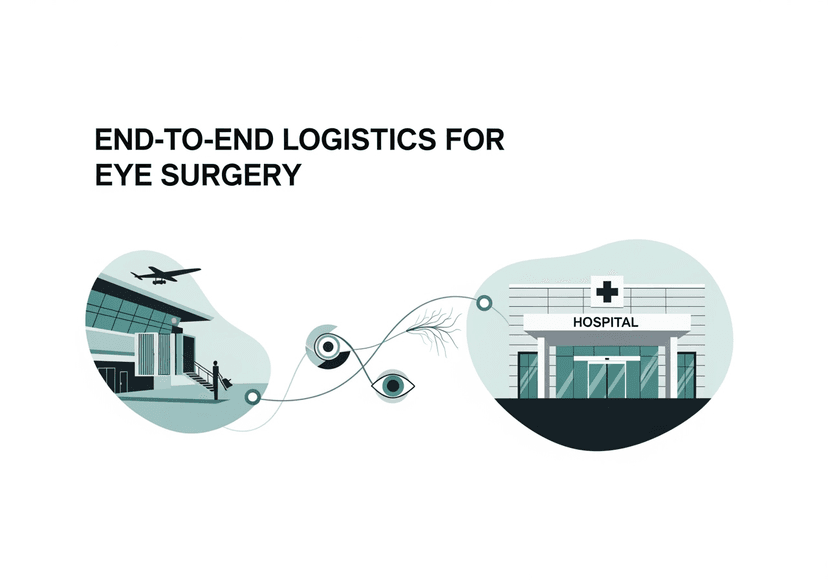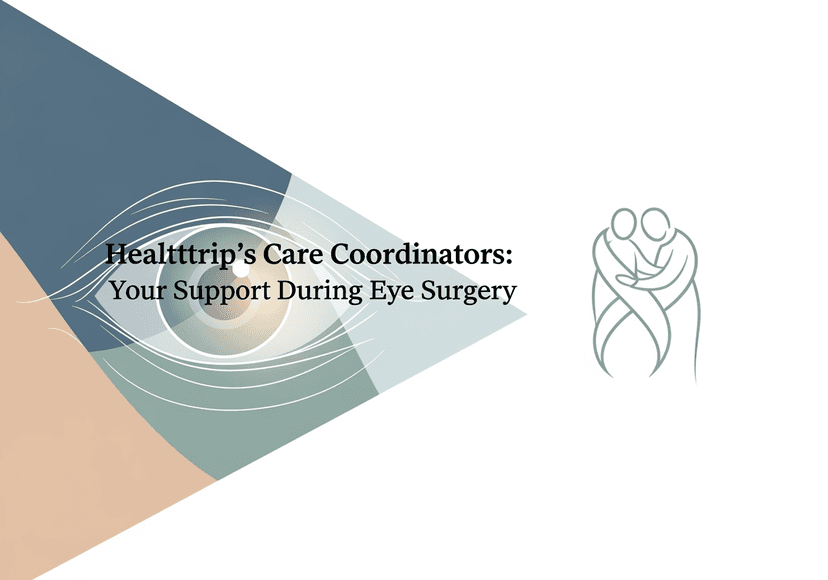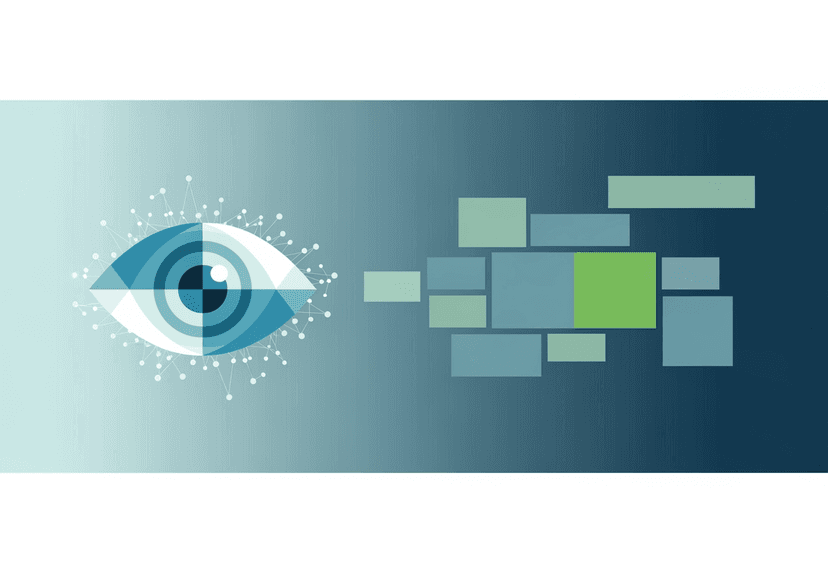
Alternative Treatments to Cataract Surgery in India
21 Apr, 2023
Cataracts are a common eye condition that affects millions of people around the world, including in India. Cataracts occur when the lens of the eye becomes cloudy, resulting in blurred vision, difficulty seeing in low light, and other visual disturbances. Traditionally, cataract surgery has been the most common treatment for this condition, involving the removal of the cloudy lens and replacement with an artificial intraocular lens (IOL). However, with advancements in technology and growing interest in alternative treatments, several non-surgical options have emerged as viable alternatives to cataract surgery in India.
In this blog post, we will explore some of the alternative treatments to cataract surgery in India, including lifestyle changes, natural remedies, and innovative non-surgical procedures.
- Lifestyle Changes: Prevention is always better than cure, and adopting certain lifestyle changes can help slow down the progression of cataracts. Protecting your eyes from UV rays by wearing sunglasses that block out harmful UV rays, eating a healthy diet rich in antioxidants, quitting smoking, and maintaining good blood sugar and cholesterol levels are some lifestyle changes that can potentially delay the development of cataracts.
- Ayurveda: Ayurveda, the traditional Indian system of medicine, offers various herbal remedies and treatments for cataracts. Triphala, an herbal combination of three fruits (amla, bibhitaki, and haritaki), is believed to have antioxidant properties that can help prevent cataracts. Applying a few drops of pure rose water in the eyes or consuming a mixture of honey and pure rose water are also suggested in Ayurveda for improving eye health. However, it's important to note that these remedies should be used under the guidance of a qualified Ayurvedic practitioner and should not replace conventional medical care.
- Homeopathy: Homeopathy is a popular form of alternative medicine in India, and some homeopathic remedies are claimed to help in managing cataracts. Remedies like Calcarea fluorica, Cineraria maritima, and Senega are commonly used in homeopathy for cataracts, but their effectiveness is still a topic of debate among experts. As with any alternative treatment, it's crucial to consult a qualified homeopathic practitioner and follow their advice.
- Eye Drops: Several eye drops available in the market claim to dissolve or prevent the progression of cataracts. These eye drops contain antioxidants, vitamins, and other ingredients that are believed to improve eye health. However, there is limited scientific evidence to support their efficacy, and it's essential to consult an ophthalmologist before using any eye drops for cataracts.
- Non-surgical Procedures: In recent years, several non-surgical procedures have gained popularity as alternatives to cataract surgery in India. These procedures aim to improve vision without removing the cloudy lens, making them less invasive compared to traditional cataract surgery.
- Phacoemulsification: Phacoemulsification, also known as phaco, is a minimally invasive procedure that uses ultrasound technology to break up the cataract and remove it from the eye. Unlike traditional cataract surgery, which requires a large incision, phacoemulsification uses a small incision, resulting in faster recovery times and fewer complications.
- Femtosecond Laser-assisted Cataract Surgery: Femtosecond laser-assisted cataract surgery, also known as FLACS, is a cutting-edge procedure that uses a laser to perform some of the steps of cataract surgery. The laser creates precise incisions, softens the cataract for easy removal, and helps in accurate positioning of the IOL. FLACS is considered less invasive than traditional cataract surgery and can result in quicker recovery and improved visual outcomes.
- Refractive Lens Exchange (RLE): RLE is a procedure that involves the removal of the natural lens and replacement with an artificial intraocular lens (IOL), similar to cataract surgery. However, unlike cataract surgery, RLE is typically performed in patients who do not have significant cataracts but have refractive errors such as nearsightedness, farsightedness, or presbyopia. RLE can correct both the refractive error and prevent the development of cataracts in the future, making it a viable alternative to cataract surgery for those who want to address both issues simultaneously.
- ICL (Implantable Collamer Lens): ICL is a type of implantable lens that is inserted into the eye to correct refractive errors. It is placed in front of the natural lens and can provide clear vision without removing the natural lens, making it a potential alternative to cataract surgery for those who do not have significant cataracts but want to correct their refractive errors.
- Light Adjustable Lens (LAL): LAL is an innovative type of intraocular lens that can be adjusted after it is implanted in the eye. The lens can be fine-tuned using ultraviolet light to achieve the desired refractive outcome, providing a customized solution for each patient. LAL can be a suitable alternative to cataract surgery for those who want precise control over their post-operative vision.
It's important to note that these non-surgical procedures are not suitable for everyone and should be discussed with an ophthalmologist to determine the best treatment option based on individual needs and eye health.
- Nutritional Supplements: Some studies have shown that certain nutritional supplements may help prevent the progression of cataracts. Antioxidant vitamins such as vitamin C, vitamin E, and beta-carotene, as well as minerals like zinc and selenium, have been suggested to have a protective effect on the eyes. However, it's important to consult a healthcare professional before taking any supplements, as the dosage and quality of supplements can vary, and they may not be suitable for everyone.
- Regular Eye Exams: Regular eye exams are crucial for early detection and management of cataracts. Regular check-ups with an ophthalmologist can help monitor the progression of cataracts and determine the appropriate treatment plan. Early detection and intervention can help delay the need for cataract surgery and potentially explore alternative treatment options.
In conclusion, while cataract surgery has been the standard treatment for cataracts for many years, there are alternative treatment options available in India. Lifestyle changes, Ayurveda, homeopathy, eye drops, non-surgical procedures, nutritional supplements, and regular eye exams are some of the alternative treatments that can be considered. It's important to consult with a qualified healthcare professional or ophthalmologist to determine the best treatment option based on individual eye health and needs. It's also crucial to keep in mind that the effectiveness of these alternative treatments may vary, and cataract surgery remains the most reliable and widely used treatment for advanced cataracts.
How can Healthtriip.com Help With this?
Healthtrip.com, a leading medical tourism platform in India, can be a valuable resource for individuals seeking alternative treatments to cataract surgery. HealthTrip provides a wide range of options for patients to explore and connect with qualified healthcare professionals who specialize in alternative treatments for cataracts. Through their platform, patients can access information on various treatment modalities, including Ayurveda, homeopathy, non-surgical procedures, and more. HealthTrip also offers assistance with scheduling appointments, organizing travel arrangements, and coordinating post-treatment care, making the entire process seamless and convenient for patients. Additionally, HealthTrip's team of experienced medical professionals can provide personalized guidance and support, helping patients make informed decisions about the best alternative treatment option based on their specific needs and medical history. With HealthTrip's comprehensive services, patients can confidently explore alternative treatments to cataract surgery in India and potentially find a solution that meets their unique requirements.
Most popular procedures in India
Wellness Treatments
Give yourself the time to relax
Lowest Prices Guaranteed!

Lowest Prices Guaranteed!
Related Blogs

How Healthtrip Ensures Quality & Safety in Eye Surgery Procedures
Detailed guide on eye surgery, featuring doctors, hospitals, risks, recovery,

End-to-End Logistics for Eye Surgery with Healthtrip's Support
Detailed guide on eye surgery, featuring doctors, hospitals, risks, recovery,

Healthtrip's Care Coordinators: Your Support During Eye Surgery
Detailed guide on eye surgery, featuring doctors, hospitals, risks, recovery,

Top 5 Indian Hospitals for Eye Surgery
Detailed guide on eye surgery, featuring doctors, hospitals, risks, recovery,

Post-Eye Surgery Diet and Lifestyle Tips
Detailed guide on eye surgery, featuring doctors, hospitals, risks, recovery,

Common Risks in Eye Surgery and How Healthtrip Manages Them
Detailed guide on eye surgery, featuring doctors, hospitals, risks, recovery,










